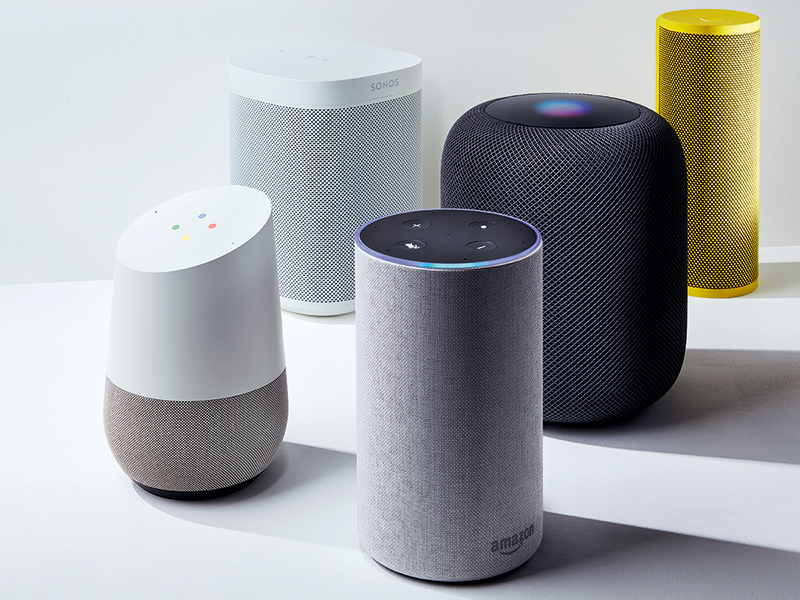
Brandy Archie has a doctorate in occupational therapy and is owner of AccessAble Living, helping people who have health issues live as independently as possible.
Archie matches tools to clients’ needs and finds a number of smart devices helpful to people of all abilities. “It’s a big and growing world, and it’s a lot to stay on top of!”
Smart power strip. Anything that you plug in—a TV, lights, or a crockpot—can be turned on and off, and timers can be controlled for each individual outlet on the strip, through an app and Amazon Alexa. It requires WiFi.
“These are helpful if you’re bedridden,” Archie says.
Auto shutoff safety outlet. This plugs into appliances, like electric stoves, and shuts it off after one, two, four, or eight hours. No WiFi required.
Wireless door chime. This will allow you to know when someone opens a door. “This is a great solution for caregivers of a person with dementia and other cognitive issues,” Archie says. “It’s also good for parents with little kids who might run out the door.”
The chime plugs into any wall outlet, and the sensors can be applied with adhesive to the door and its frame.
Digital electric deadbolt. Instead of keeping track of keys to give to family, caregivers and people who work on your home, you can program up to six different codes. It also has a remote for homeowners with limited mobility to lock and unlock. “It allows for more peace of mind and security,” Archie says.
Archie is also a fan of smart speakers, such as Alexa and Google Home, that allow people to do tasks around the house such as turning on lights and other smart-activated devices through voice command. “It’s helpful to people with limited vision and mobility.”
Archie urges people to adjust the settings on their everyday devices, such as their phones and computers.

